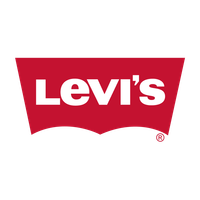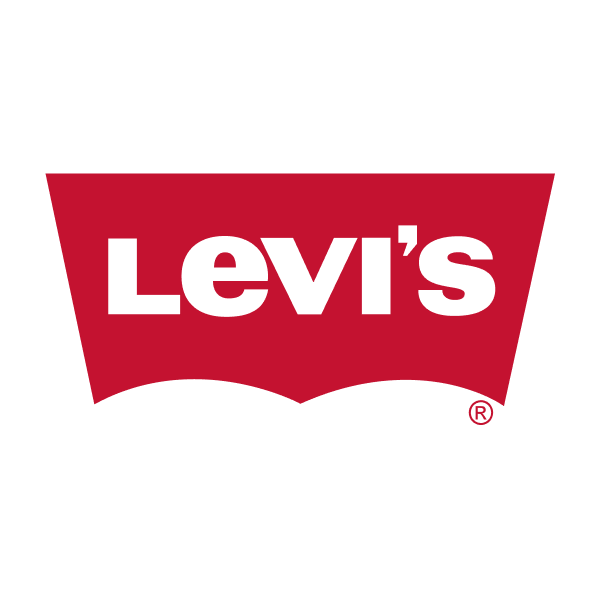
Levi Strauss & Co
NYSE:LEVI

Intrinsic Value
The intrinsic value of one
 LEVI
stock under the Base Case scenario is
hidden
USD.
Compared to the current market price of 14.65 USD,
Levi Strauss & Co
is
hidden
.
LEVI
stock under the Base Case scenario is
hidden
USD.
Compared to the current market price of 14.65 USD,
Levi Strauss & Co
is
hidden
.
The Intrinsic Value is calculated as the average of DCF and Relative values:
Valuation History
Levi Strauss & Co

Fundamental Analysis


Revenue & Expenses Breakdown
Levi Strauss & Co

Balance Sheet Decomposition
Levi Strauss & Co

| Current Assets | 2.7B |
| Cash & Short-Term Investments | 574.4m |
| Receivables | 654.9m |
| Other Current Assets | 1.4B |
| Non-Current Assets | 3.5B |
| PP&E | 1.7B |
| Intangibles | 472.5m |
| Other Non-Current Assets | 1.4B |
Free Cash Flow Analysis
Levi Strauss & Co

| USD | |
| Free Cash Flow | USD |
Earnings Waterfall
Levi Strauss & Co

|
Revenue
|
6.3B
USD
|
|
Cost of Revenue
|
-2.5B
USD
|
|
Gross Profit
|
3.9B
USD
|
|
Operating Expenses
|
-3.1B
USD
|
|
Operating Income
|
713.3m
USD
|
|
Other Expenses
|
-357m
USD
|
|
Net Income
|
356.3m
USD
|
LEVI Profitability Score
Profitability Due Diligence

Levi Strauss & Co's profitability score is hidden . The higher the profitability score, the more profitable the company is.

Score
Levi Strauss & Co's profitability score is hidden . The higher the profitability score, the more profitable the company is.
LEVI Solvency Score
Solvency Due Diligence

Levi Strauss & Co's solvency score is hidden . The higher the solvency score, the more solvent the company is.

Score
Levi Strauss & Co's solvency score is hidden . The higher the solvency score, the more solvent the company is.
Wall St
Price Targets
LEVI Price Targets Summary
Levi Strauss & Co

According to Wall Street analysts, the average 1-year price target for
 LEVI
is 22.01 USD
with a low forecast of 17.17 USD and a high forecast of 26.25 USD.
LEVI
is 22.01 USD
with a low forecast of 17.17 USD and a high forecast of 26.25 USD.
Dividends
Current shareholder yield for  LEVI is
hidden
.
LEVI is
hidden
.
Shareholder yield represents the total return a company provides to its shareholders, calculated as the sum of dividend yield, buyback yield, and debt paydown yield. What is shareholder yield?
The intrinsic value of one
 LEVI
stock under the Base Case scenario is
hidden
USD.
LEVI
stock under the Base Case scenario is
hidden
USD.
Compared to the current market price of 14.65 USD,
 Levi Strauss & Co
is
hidden
.
Levi Strauss & Co
is
hidden
.



























































 You don't have any saved screeners yet
You don't have any saved screeners yet